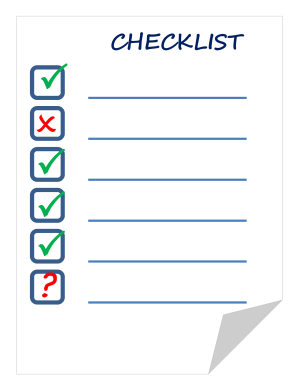“Older” Migraine Meds on Trial: What Works?
Late last year a new study analyzed almost 4.7 million migraine attacks and the medications that patients took. According to those patients, which abortive medications actually worked?

The data was collected from patients’ responses on a smartphone app between 2014 and 2020 (which is why newer medications like gepants and ditans were not included in the study). Dosage was also not taken into consideration. Finally, the “baseline” was ibuprofun. In other words, which medications worked better than (or not as well as) ibuprofen?
However, as you can see, the sample size was huge. So which medications, according to patients, really fought back against an individual migraine attack?
It shouldn’t surprise too many that the migraine-targeting meds worked best:
- Triptans (e.g. eletriptan, sumatriptan, zolmitriptan) were at the top of the list, working well 5x more often than ibuprofen.
- Ergots (dihydroergotamine and ergotamine) were 3x more effective than ibuprofen
- Anti-emetics (anti-nausea medications) were 2.5x more effective
- Next came opioids, and NSAIDs (not including ibuprofen)
This is not to say that ibuprofen isn’t effective. It was still effective 42% of the time. And it roundly beat acetaminophen (paracetamol), which was effective 37% of the time.
But other similar NSAIDs other than ibuprofen may be worth trying – especially ketorolac, which came out as working 62% of the time, significantly more than its cousin ibuprofen.
Since triptans topped the list, which triptans tended to work the best? Well, it was the ones listed above, but not in that order:
- eletriptan
- zolmitriptan
- sumatriptan
They were all considered effective over 70% of the time – and remember, triptans very much depend on the person, and also how they’re taken.
There’s no doubt that these “older” medications, even ibuprofen, are still helping a lot of people. Lists like this won’t necessarily tell you what will work for you. However, they do give you a place to start.
Your doctor will be able to take more of your personal medical history into consideration when recommending a medication. And there are also risks and side effects to consider, which also vary from person to person.
But if you’re a candidate for a triptan, one of the top three is probably going to be high on your doctor’s list. Tylenol, on the other hand, might be best left on the drugstore shelf, until you’ve tried some better options for migraine.
For the actual study abstract, you can go to Simultaneous Comparisons of 25 Acute Migraine Medications Based on 10 Million Users’ Self-Reported Records From a Smartphone Application.
For another more detailed analysis, check out Certain Migraine Medications May Be More Effective Than Ibuprofen.
